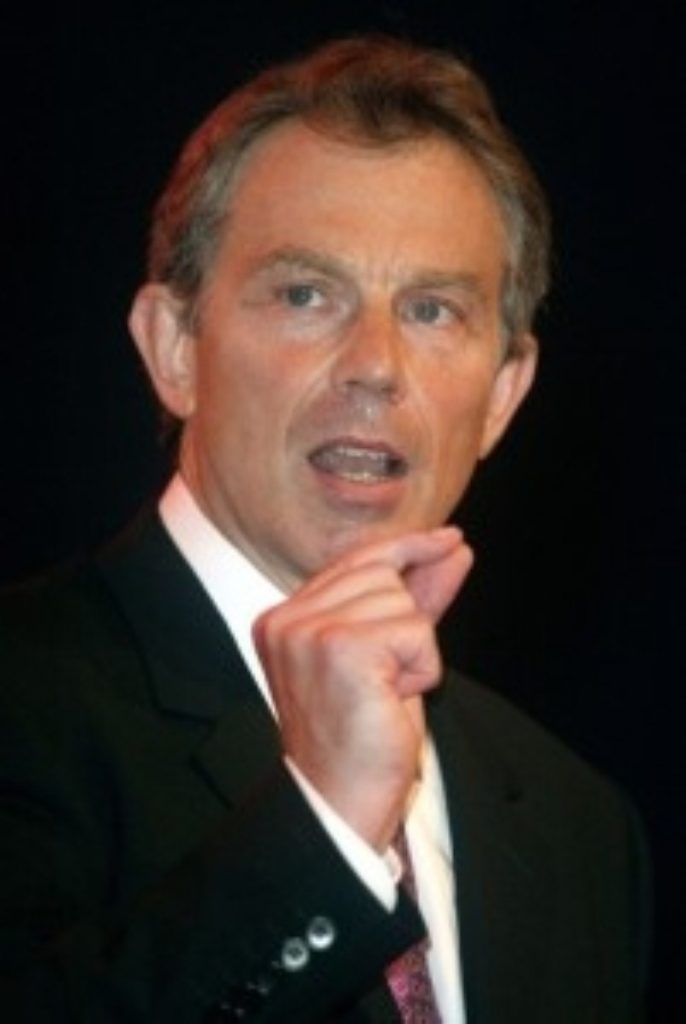Blair: Religion is private not political
Tony Blair has said that he doesn’t believe that politics in the UK would benefit from the intimate attachment with religion common in American politics.
The Prime Minister is a committed Christian, but has always been keen to keep his faith a private matter.
Mr Blair was challenged during questions following his speech to the Christian organisations Faithworks about comments attributed to Alistair Campbell, who when asked about Mr Blair’s faith, said “we don’t do God”.
The Prime Minister told the audience of religious leaders that whilst faith was “very important” and integral to individuals, he would be reluctant to see it used overtly in the political process.


He added: “I don’t want to end up with an American-style type of politics with us all going out there and beating our chests about our faith.”
But throughout his speech, Mr Blair was keen to praise the importance of faith to improving society and to political dialogue.
Whilst the media might concentrate on the decline in church attendance, Mr Blair said that the most striking thing for him was the church’s “revival and adaptation” into work in the community and the “visible and tangible difference” churches make on the ground.
Citing the church’s previous campaign to end slavery, Mr Blair said that churches are “among the most formidable campaigning organisations in history”.
He paid tribute to their work in the Make Poverty History campaign and urged all religious groups to continue campaigning for “trade, aid and debt at the top of the agenda”.
2005 should be the year that the world’s eyes are truly opened to the suffering of Africa, the PM added, saying that with partnership between the developing world and the devolved practical change to stop the scandal of wasted lives was possible.
Domestically, Mr Blair said that the work of faith and voluntary organisations was essential to his political vision of recasting the 1945 settlement on services and the welfare state to ensure that individual citizens could be at the “heart of each service”.
Whereas the post-1945 world might have seen the voluntary and public services in tension over fears that more voluntary work might see the withdrawal of the state, Mr Blair said that he wanted a new era.
“We are modernising the 1945 settlement, we are not interested in dismantling it,” he stated, adding that the Government would continue to recognise its obligation but the “days when Government could do it for you are over” and “the only politics that really works today is politics based on a sense of partnership”.
Rejecting the idea that politicians are cynical, Mr Blair said that the “noble causes that brought people into politics” – regardless of political allegiance – are still there. Although the general election campaign would be furious and rapid, Mr Blair said that underneath, and sometimes above, there should still be the sense of a vision for the future of the UK.
And he argued that the “decency of a society is defined by how it treats its weakest members”.

